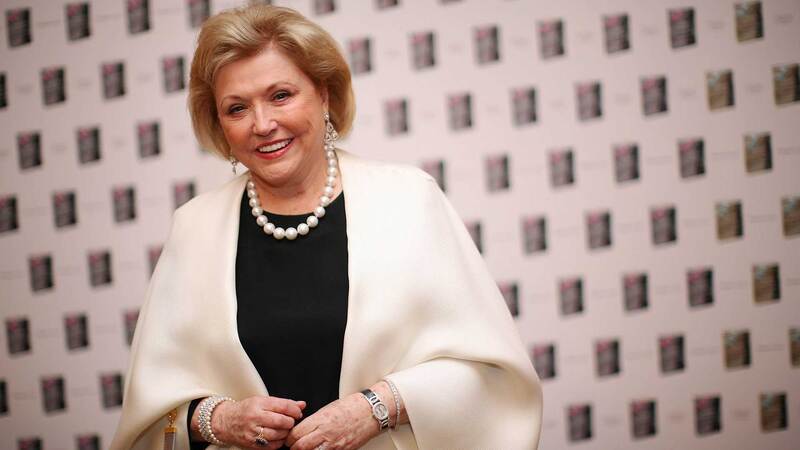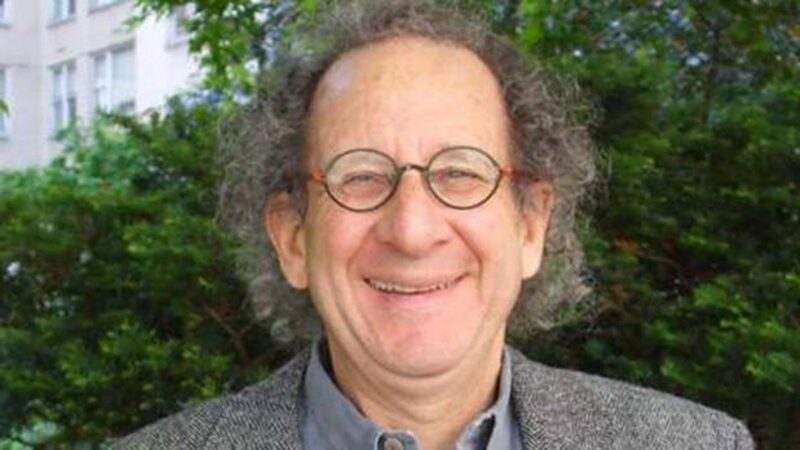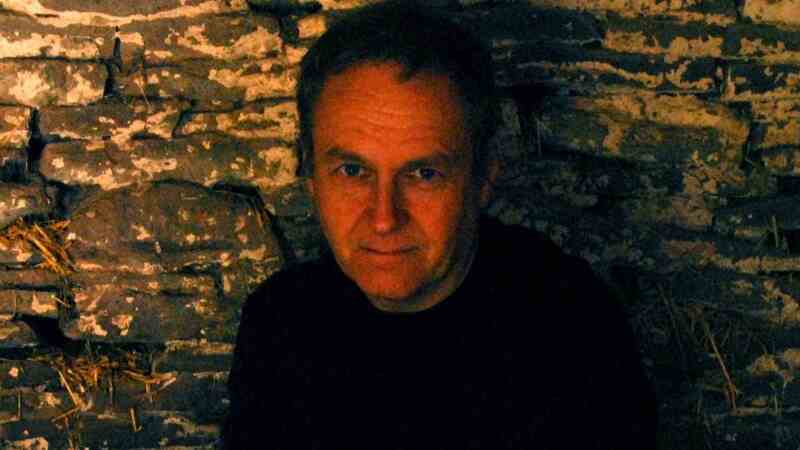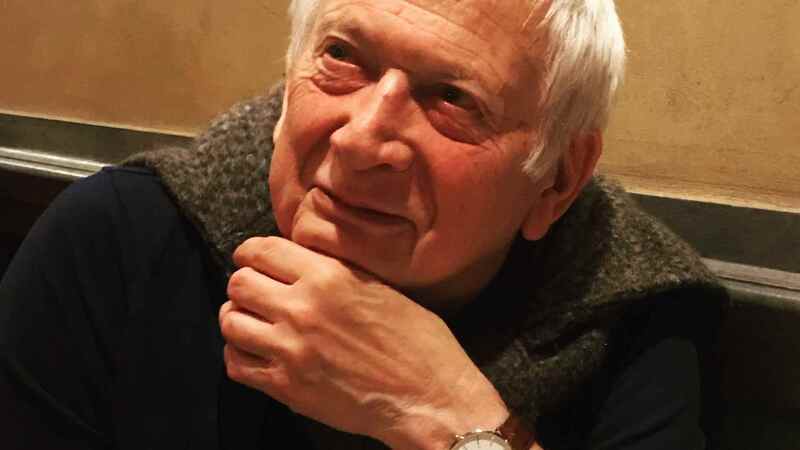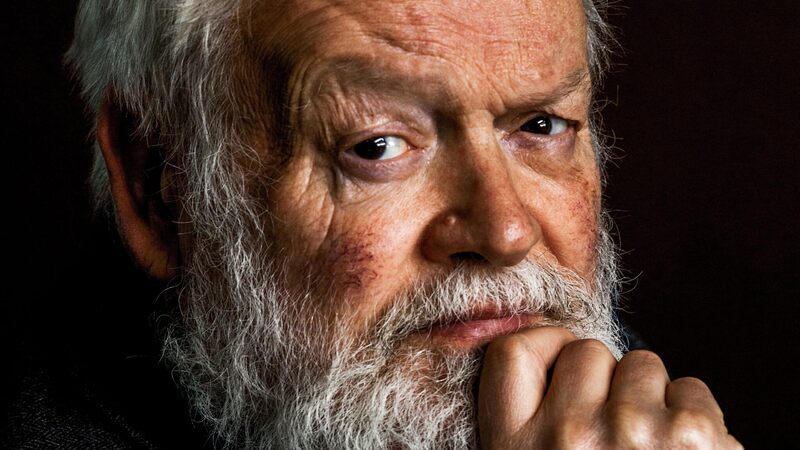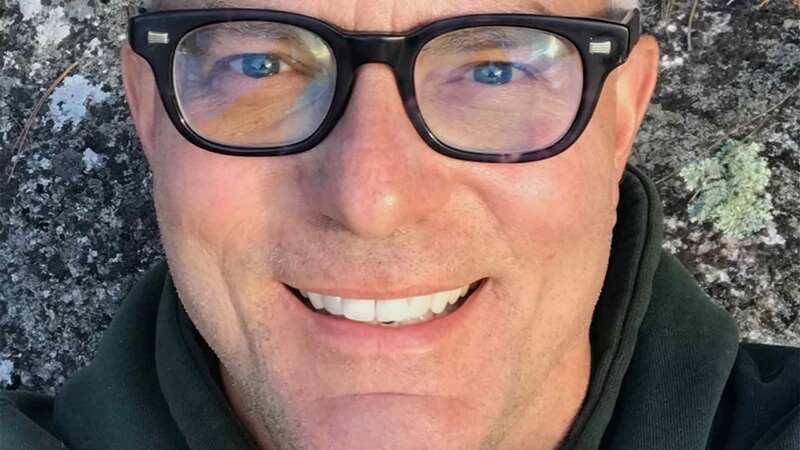A tribute to John Davies
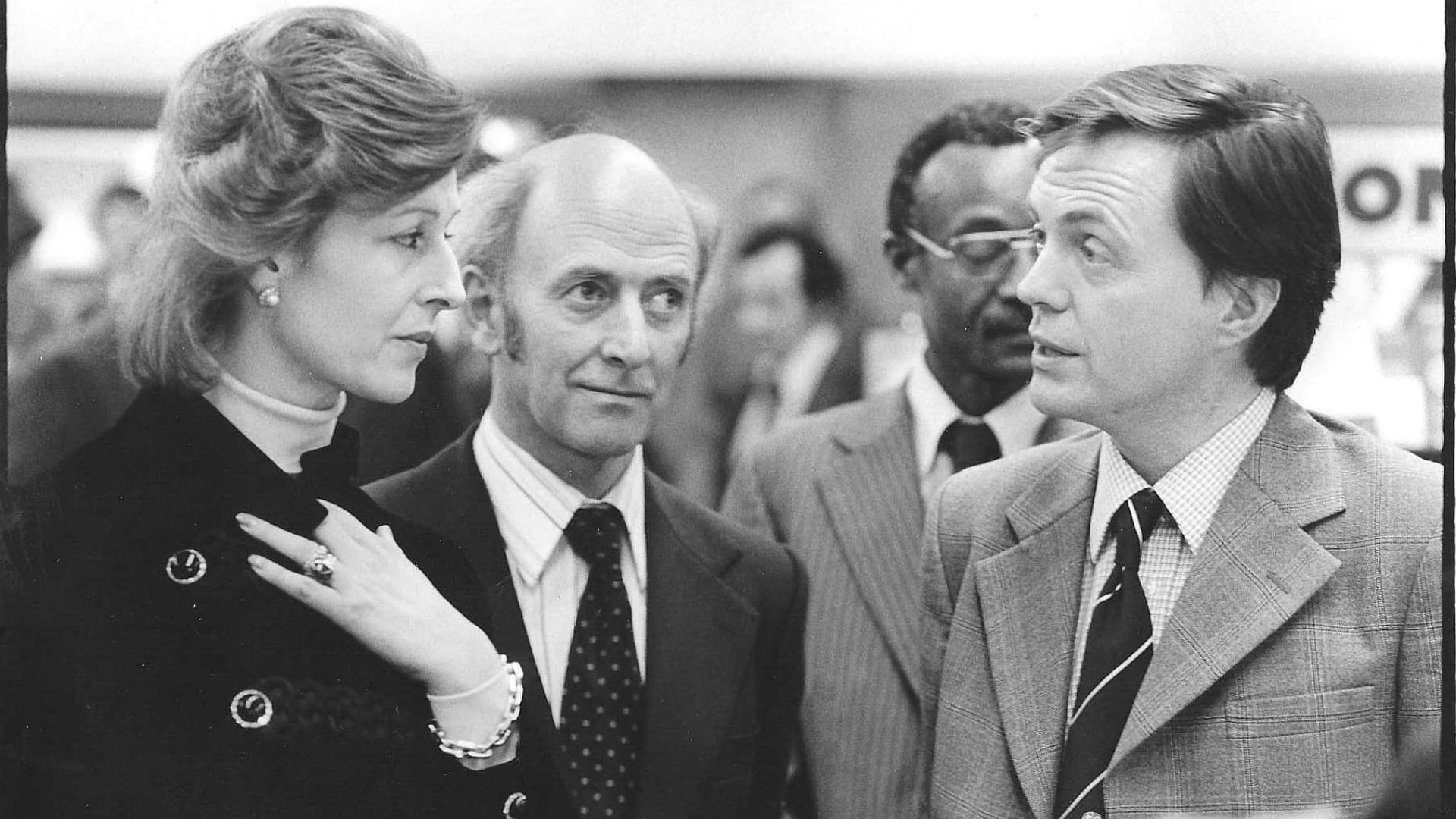
Clive Bradley writes:
John Davies, who has died at the age of 82, was director of both the Educational Publishers Council (EPC) and the University College and Professional Publishers Council at the Publishers Association (PA) for some 25 years, starting in the late 1970s.
He took up his appointment at a crucial time for both: school publishers were feeling uneasy, even mutinous, at what they saw as an association dominated by trade publishers when school publishing was facing reduced government expenditure for book provision in schools – and higher education was suffering too. And both school and academic publishing were being damaged by easy photocopying.
The PA solved the first dilemma by creating EPC, giving school publishers an effective body to fight on their behalf. The rather reluctant experiment was a success. School publishers had the benefits of the association’s services across the whole field of book publishing and an effective offspring specialising in their needs.
EPC was quickly followed by the new division devoted to college and academic publishing. Together with the existing Book Development Council, so named because of the need to develop new export markets and dealing with the full range of export markets (then representing some 40 per cent of the industry’s turnover), and a small central staff dealing with trade and management issues, this gave new focus to the PA’s work, and greatly increased the day-to-day participation of working publishers.
When Davies joined the PA staff, Clive Bradley had recently been appointed chief executive, with the initial task of implementing the new structure. Davies proved an inspired choice to lead the educational side, with the two very different types of publishing, school textbooks usually sold in classroom sets through school suppliers (and capable of generating generous profits when a title took off), and higher education, with books mainly supplied through bookshops.
John had trained as a librarian at Sheffield University, which, with his love for books and poetry, his university-honed skills as a writer and speaker, and his enthusiasm for the job, equipped him brilliantly. His first challenges came in campaigning against the continuing government cutbacks. Throughout his PA career, he master-minded the regular representations to the Department for Education and the Education Select Committee of the House of Commons. He found important allies to optimise the lobbying, and produced excellent analyses pressing home how vital books were to successful education.
The government’s cuts coincided with the growth of high-tech photocopying, with the result that educational institutions turned to photocopying to make up for shortfalls, with photocopying of learned journals becoming almost an industry. This threatened both copyright and the economic viability of publishing. Initially the two sides of educational publishing differed in their approach. School publishers were generally content with broad licences permitting limited controlled copying, in return for a student capitation fee. University publishers needed a system which maintained control of individual titles.
The PA team, led by Bradley with John Davies and the educational publisher and copyright expert Charles Clark as lead negotiators, set about working with the periodical publishers’ and authors’ organisations to forge new systems of control. To underline the case, Bradley pursued recalcitrant organisations in the courts. The successful outcome was the Copyright Licensing Agency and Publishers Licensing Society, together with the Authors Licensing and Collecting Society.
A new shadow looming over the publishing industry, soon to become the elephant in the room, was digital publishing. That story is too long and complex to be told here, but John had the task of helping acquaint his groups with the potential workings of the new technology, and resisting the giant new companies engaging in digitising and making available works over the whole field of publishing. This engendered proposals for changes in copyright law, the subject of numerous public inquiries over the years, with the PA’s copyright team once more working not just with the UK government, but with the EU and related European organisations.
John graduated from Oxford University where he studied English, and had a remarkable university career. He was elected Librarian of the Oxford Union (second only to the President), and was editor of Cherwell, the university newspaper. Having grown up and gone to school in Oxford, he was well acquainted with the opportunities of Oxford life. Amidst all this, he had political ambitions. His views were strongly left-wing, something not much advertised within the PA. He stood against Margaret Thatcher in Finchley in the 1987 General Election, and was long-time Leader of the Labour Group on Barnet Borough Council.
John liked to open his reports and talks with a text, mostly but not always of liberal and non-religious leanings, invariably accompanied with a quiet chuckle. His selection was always eagerly awaited by an audience only too aware of what they owed to him.
Clive Bradley was c.e.o. of the Publishers Association from 1976 to 1997





